![]()
![]()
![]()
Use LEFT and RIGHT arrow keys to navigate between flashcards;
Use UP and DOWN arrow keys to flip the card;
H to show hint;
A reads text to speech;
39 Cards in this Set
- Front
- Back
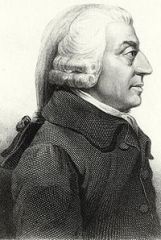
Adam Smith
|

Alembert
|
|

Beccaria
|
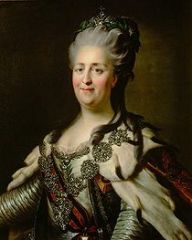
Catherine the Great
|
|
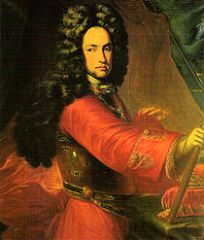
Charles VI
|

David Hume
|
|
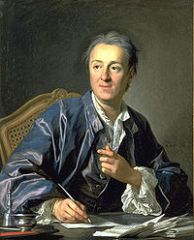
Denis Diderot
|

Frederick the Great
|
|
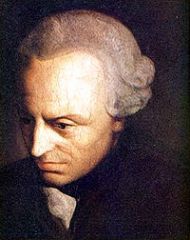
Immanuel Kant
|

John Locke
|
|
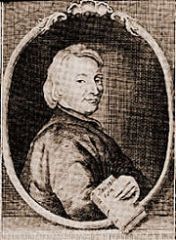
John Toland
|

Maria Theresa
|
|
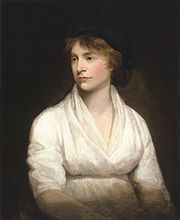
Mary Wollstonecraft
|

Montesquieu
|
|
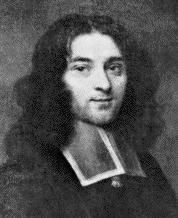
Pierre Bayle
|

Rousseau
|
|
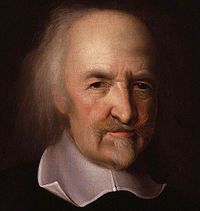
Thomas Hobbes
|

Voltaire
|
|
|
An abstract philosopher in Germany
wanted people to think for themselves |
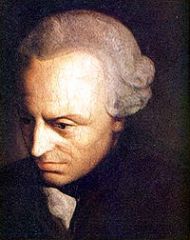
Immanuel Kant
|
|
|
distrusted Christian Dogma
he was a French Protestant saw superstition as a social evil far more dangerous than atheism |
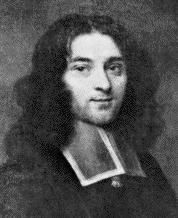
Pierre Bayle
|
|
|
distrusted Christian Dogma
he was a French Protestant saw superstition as a social evil far more dangerous than atheism |
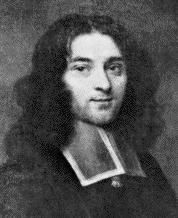
Pierre Bayle
|
|
|
Published Christianity Not Mysterious
said that religious doctrines contradicted reason and should be discarded |
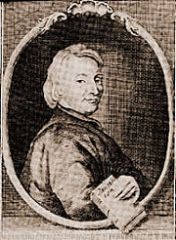
John Toland
|
|
|
Scottish skeptic
said christian teachings came from human fears and superstitions |
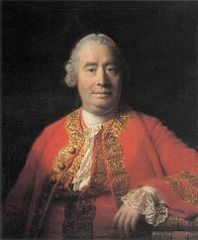
David Hume
|
|
|
Was a poet and a writer
journeyed to London Said that people should only believe the ideas that come from their senses Teamed up with Châtelet |
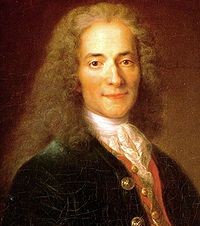
Voltaire
|
|
|
Her crowning achievement is considered to be her translation of Isaac Newton's monumental work Principia Mathematica,
|
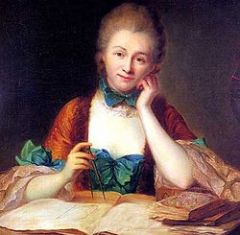
Châtelet
|
|
|
Published Leviathan
said that men would kill each other without someone to rule over them |
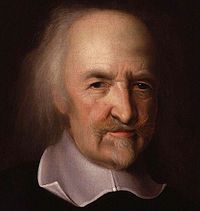
Thomas Hobbes
|
|
|
Most widely read philosopher during the first half of 18th century
the right to govern came from the governed in the form of a contract wanted religious toleration to people who didn't threaten the state |
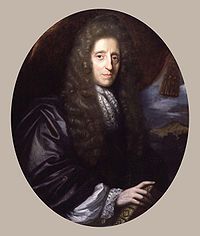
John Locke
|
|
|
French aristocrat
wanted to check the unbridled authority of the French kings said that aristocracy possessed a natural obligation to rule he wrote The Spirit of the Laws |
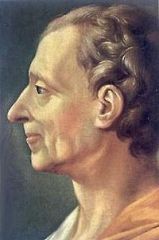
Montesquieu
|
|
|
based his politics on contract theory and his readings of Hobbes
wrote The Social Contract His ideas where truly revolutionary direct challenge to the power of kings, the power of the church, and the power of aristocrats |
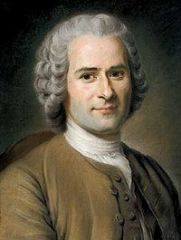
Rousseau
|
|
|
one of the founders of modern feminism
defender of French revolution wrote The Vindication of the Rights of Women |
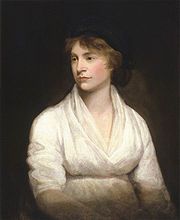
Mary Wollstonecraft
|
|
|
Wrote very important book Of Crime and Punishment
Milanese reformer Punishment should be swift but meant to rehabilitate viewed as a socialist he wanted a society of free and equal citizens |

Beccaria
|
|
|
he highly regarded entrepreneurs
he wrote the Wealth of Nations (1776) said businesses shouldn't be inhibited by outside regulation big on Laissez Faire - leaving the market to its own devices |
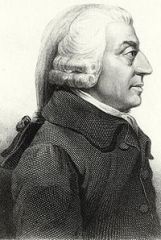
Adam Smith
|
|
|
wrote most important book of the enlightenment
the Encyclopedia (published in 1751) |
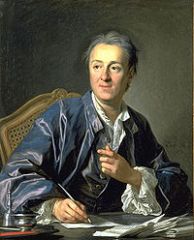
Denis Diderot
|
|
|
Helped write the Encyclopedia
|
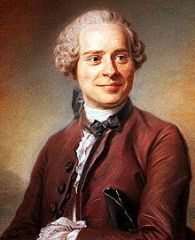
Alembert
|
|
|
formed an alliance with France against Prussia
started seven years war (1756-1763) |
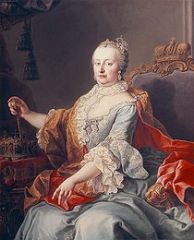
Maria Theresa
|
|
|
Archduke of Austria
allied himself with protestant europe even though he was Catholic so he could go against France |

Charles VI
|
|
|
pursed a policy of religious toleration
which attracted French protestant refugees |
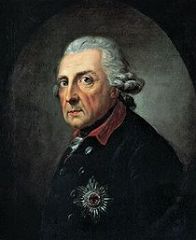
Frederick the Great
|
|
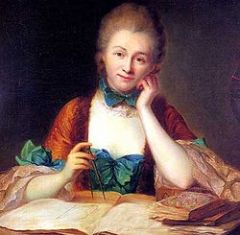
Châtelet
|

Catherine the Great
|
|
|
Newtons Principia
|
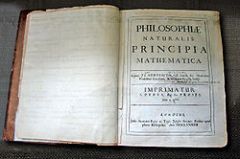
1687
|
|
|
Lock's Two Treatises of Government
|

1690
|
|
|
Publication of Diderot's Encyclopedia in Paris
|

1751
|
|
|
Seven Years War
|
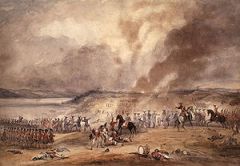
1756-1763
|
|
|
English Revolution
|
1688-1689
|
|
|
American Revolution strarts
|
1775
|
|
|
Adam Smiths The Wealth of Nations
|
1776
|
|
|
Dutch Revolution Begins
|
1787
|
|
|
French Revolution Begins
|
1789
|
|
|
Frederic the Great invades Silesia; the War of the Austian Succession ensues
|
1740
|

